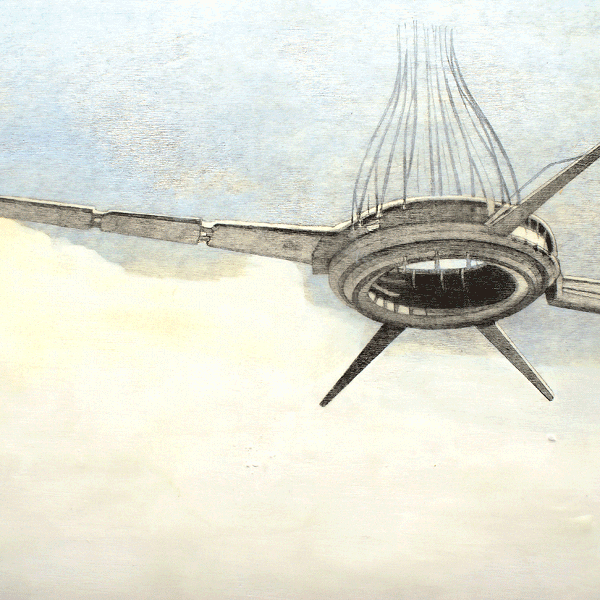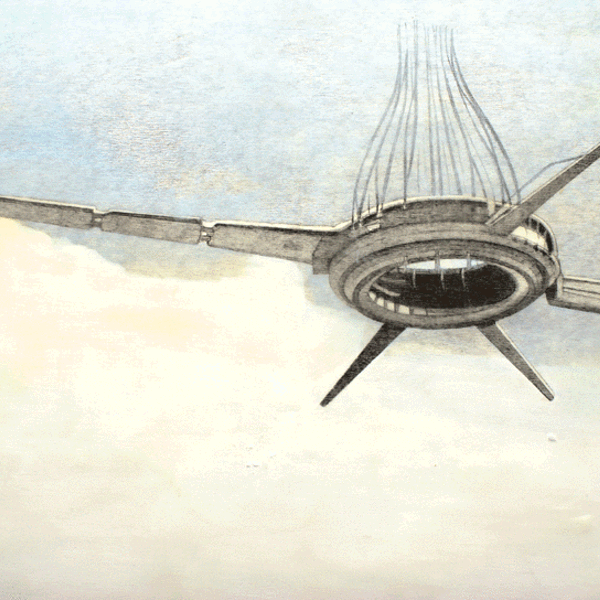Nowhere are these failings and lack of expertise more evident than in the administration’s silence over the tacit alliance between Musharraf and the Muttahida Majlis-e-Amal (MMA), a six-member coalition of the country’s main religious parties. The MMA has strong links to the Taliban, is violently anti-Western, and is sarcastically referred to as the “Mullah Military Alliance.” Its cooperation with Musharraf is in line with a longstanding strategy of the upholders of the “Pakistan ideology”: supporting extremist Islamic groups in order to advance the strategic goals of the military. Yet the implications of such alliances and sympathies on the part of a “key ally” in the “War on Terror” seem to be overlooked in Washington.
“These parties are not the ‘moderates’ that the US would like Musharraf to support, because they formed a substantial part of the government for the first time in Pakistan’s history after 9/11, riding on the wave of anti-US sentiment in Pakistan,” said Bilal Tanweer, a former Pakistani journalist and teacher. “Interestingly, this party has been one of Musharraf’s unwavering supporters and they have ratified every unconstitutional measure taken by the government. At no point, they have stood for anything substantively anti-Musharraf, except in rhetoric. Why does this unholy alliance survive? Reciprocity. The army and the intelligence agencies assist them to come into power, get them the ministries, and they reciprocate by helping to stabilize Musharraf and his regime. Contrast this with the ‘moderate’ sections of society, who are behind bars for terrorism charges.”
BIPOLAR WORLD BROADENED
Although the current crisis began with the innovation of the judicial/civil society forces taking the role of protagonists, its center of gravity soon shifted as veteran political actors moved in to take advantage of Musharraf’s difficulties. As the lawyers protested, the rival prime ministers of the civilian governments of the 1990’s, Benazir Bhutto and Nawaz Sharif, started maneuvering to end their years-long exiles and return to the political fray.
Focus centered on Bhutto first, owing to the intervention of the United States. Disappointed with Musharraf’s desultory campaigns against Islamic militants and concerned about his seemingly weak position amidst the unrest, America sought to broker a political compromise between the general and Ms. Bhutto that would bolster his position, give his regime a democratic veneer, and add a strongly secular force into Pakistan’s politics to aid in the fight against terrorism. Bhutto’s Pakistan People’s Party (PPP) was founded by her father in 1967 and has long been the leading left-of-center political force, despite her own social background as a feudal landowner in her home province of Sindh. Pakistani-American financier and media commentator on terrorism, Ijaz Mansoor, wrote in a November 30 Los Angeles Times op-ed, “During two terms in office, Bhutto, the Harvard-educated progressive, looted the treasury, sparked conflict with India in Kashmir to cover her financial misdeeds and ignored the fundamental needs—jobs, education, basic healthcare—of her people.”
Since midsummer, a series of long negotiations occurred between Musharraf and Bhutto. They including a face-to-face session in Dubai aimed at her recognizing his legitimacy in return for being allowed to return to Pakistan and contest the promised parliamentary elections, as well as having old legal charges of corruption against her thrown out. America’s hope was that with Musharraf as president and Bhutto as prime minister, a moderate coalition against extremism could be formed. This initiative culminated with Bhutto’s dramatic return to Pakistan on October 18, when a welcoming procession in Karachi was attacked by suicide bombers, killing140. Although the mutual recriminations that followed between the government and the PPP seem to have poisoned the atmosphere conducive to the US-brokered deal, there are those who say it never had a chance in the first place, precisely because America was ignoring Pakistan’s underlying dynamics.
“The military never wanted a Musharraf-Bhutto deal, but just played the Americans along to please them,” says Ahmed Rashid. “They had no intentions to work with her and still don’t.” Besides the longstanding bad blood between the military and the PPP—which has as much to do with the secular character of the party as it does the traumatic memory of the overthrow and execution of its founder, her father—there were personal and political reasons that made any deal impossible.
“It was naïve to imagine that these two strong personalities could ever have worked together,” said the noted British journalist and Bhutto biographer Christina Lamb. “There are many doubts that Musharraf was ever serious about it. His political allies clearly saw the deal as a way to divide the opposition and discredit her, in one fell swoop.”















